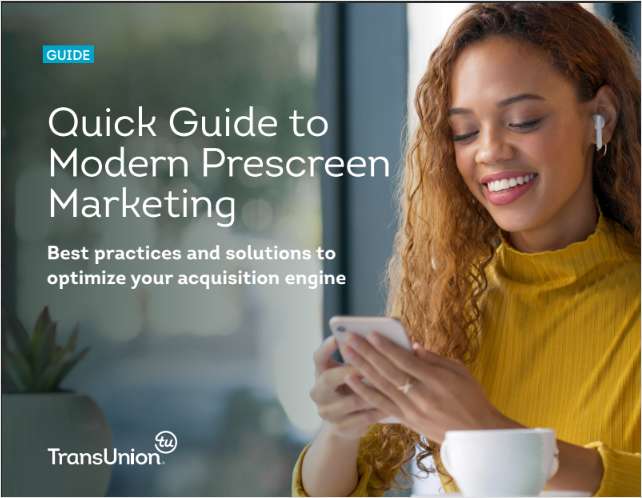Sen. Elizabeth Warren (D-Mass.) took Sallie Mae and the Federal Home Loan Banks to task Tuesday during a Senate Banking Committee hearing on private student loans over a FHLB line of credit that has allegedly produced big profits for Sallie Mae.
Warren first broached the subject in an April 24 letter to Federal Housing Finance Agency Acting Director Edward DeMarco in which she questioned an $8.5 billion line of credit from the FHLB of Des Moines, Iowa, to Sallie Mae.
According to its corporate filings, Sallie Mae initially paid 0.23% on a credit line, but charges 25 to 40 times the interest for fixed rate, private student loans. Last year, Warren said in the letter, Sallie Mae reported approximately $2.5 billion in interest income off its private student loan business.
“It is deeply worrisome that the Federal Home Loan Banks may be undermining their mission by extending billions of dollars in cheap credit to private student lenders,” Warren said in the letter, and repeated during the hearing.
Warren further asked DeMarco to provide more details about the Sallie Mae credit line and lines of credit given to other lenders that “are substantially engaged in offering private loans to students.”
David Jeffers, executive vice president of policy and public affairs for the Council of Federal Home Loan Banks, said when FHLB membership was opened up to commercial banks and credit unions, the legislation was very specific in stating that the banks would provide members with funding to serve the needs of their communities, which includes housing but could also be used for other types of community development.
“Because the Federal Home Loan Banks are not a high-profile group of institutions, it's not unusual to make that mistake, based on our name alone,” he said of Warren's comments about the FHLB mission.
Approximately 500 credit unions participate in Sallie Mae's Smart Option Student Loan referral program.
The hearing featured regulators from the Consumer Financial Protection Bureau, Office of the Comptroller of the Currency, Federal Reserve and FDIC.
In his opening statement, Banking Committee Chairman Tim Johnson (D-S.D.) said the private student loan market is worth $150 billion, and private lenders allow many students to attend college who would not otherwise afford it and may sometimes offer better terms than federal loans.
“However, nearly one million borrowers are in default on their private student loans. And while federal loans offer flexible relief during periods of hardship, most private student lenders do not offer the same options for struggling graduates,” he said.
One issue raised during the hearing was the effect student loan debt has on other markets, such as the mortgage market. Sen. Jeff Merkley (D-Ore.) called student debt a new debtor's prison because college graduates are often unable to live independently because of their loan obligations.
Complete your profile to continue reading and get FREE access to CUTimes.com, part of your ALM digital membership.
Your access to unlimited CUTimes.com content isn’t changing.
Once you are an ALM digital member, you’ll receive:
- Breaking credit union news and analysis, on-site and via our newsletters and custom alerts
- Weekly Shared Accounts podcast featuring exclusive interviews with industry leaders
- Educational webcasts, white papers, and ebooks from industry thought leaders
- Critical coverage of the commercial real estate and financial advisory markets on our other ALM sites, GlobeSt.com and ThinkAdvisor.com
Already have an account? Sign In Now
© 2024 ALM Global, LLC, All Rights Reserved. Request academic re-use from www.copyright.com. All other uses, submit a request to [email protected]. For more information visit Asset & Logo Licensing.









